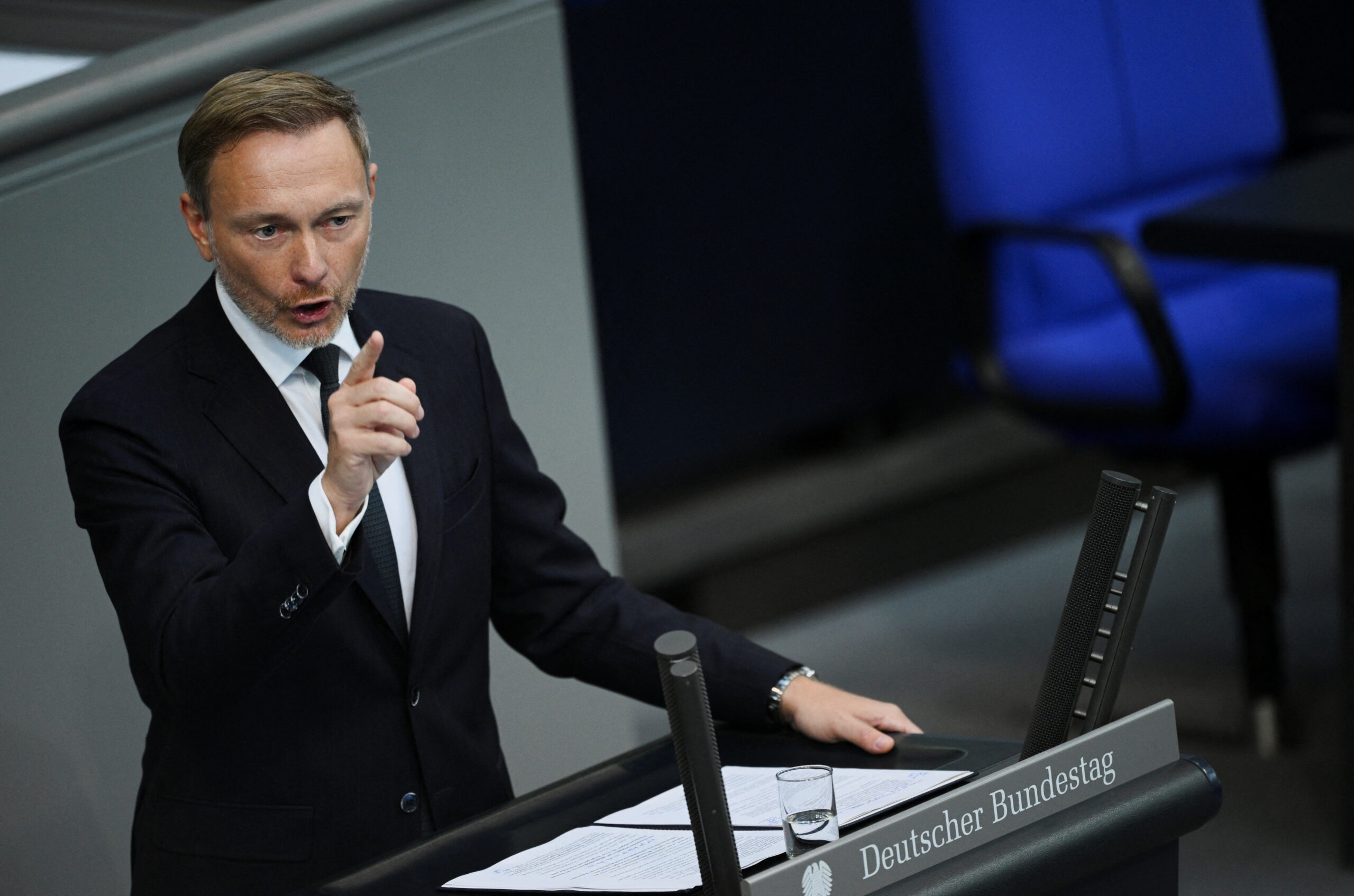German Finance Minister Christian Lindner stated on Tuesday that Germany’s budget for 2024 is one of the first stages in the country’s return to sustainable finances, which are required due to higher borrowing costs and increased financial pressures in the coming years.
The largest economic force in Europe wants to reduce spending that increased as a result of COVID-19 and an increase in energy costs brought on by the conflict in Ukraine.
Lindner intends to abide by the constitutional debt brake in Germany, which caps the structural budget deficit at 0.35 percent of GDP. In order to aid with the issues, the brake was suspended between 2020 and 2022. It was then reinstated this year.
He mentioned this as he gave the house the draught of the 2024 budget and the financial plans for 2027. “We need to recognise our new fiscal realities,” he remarked. He emphasised that “we need to refocus,” speaking to the Bundestag, the lower house of the legislature.
The proposed budget calls for spending 445.7 billion euros in 2024 as opposed to the 476.3 billion euros projected for 2023, resulting in a net increase in debt of 16.6 billion euros ($17.82 billion).
The return to the debt brake, or more specifically, to long-term sustainable state finances, is the problem.
According to Lindner, the rise in interest rates is the most obvious indication that a shift in fiscal policy is required.
According to Lindner, Germany anticipates paying interest on its debt of 37 billion euros in 2019, a tenfold increase from 2021 and a sum twice the size of the Ministry of Education and Research’s budget.
Therefore, the message is crystal clear: “We simply cannot afford to incur fresh obligations without bounds; they would be unfinancing.
He forewarned that negotiations over the budget would become more difficult in 2028 and beyond as Berlin will have to deal with extra costs that were not included in the medium-term financial plan for the years 2024–2027, including as the repayment of loans from the epidemic era and EU money.
There is an iceberg approaching behind the horizon that is not yet visible to us, the man stated. “We must alter our course immediately because the iceberg will not.”
The budget gap between 2025 and 2027 is expected to be roughly 5 billion euros per year, but later on, pandemic debt repayments will increase that by 12 billion euros each year. The German Economic Stabilisation Fund’s contributions are also due in 2031.
The German government has also committed to spending 2% of its GDP on NATO. With the assistance of the 100 billion euro special budget for the modernization of the German armed forces, this will be accomplished until 2027.
However, Lindner predicted that the fund will likely be totally depleted by 2027.
“From 2028 on, significant funding in the core budget will be required to meet the goal. We are discussing a double-digit billion euro sum, according to Lindner.
Some economists contend that the debt brake prevents investment, but Lindner argued that this is untrue.
The debt brake doesn’t prevent investment, but it does make us prioritise, according to Lindner.
The fiscal plan calls for investments totaling 54.2 billion euros by 2024, up from 38 billion euros in 2019, before the crisis began, and rising to 57.2 billion euros by 2027.
The Bundestag will gather this week to talk about the federal budget and financial planning; it has until December 1 to make a decision.
The draught budget is anticipated to undergo major changes between now and then, in part to account for the revised tax estimate due in October and updated economic projections.

